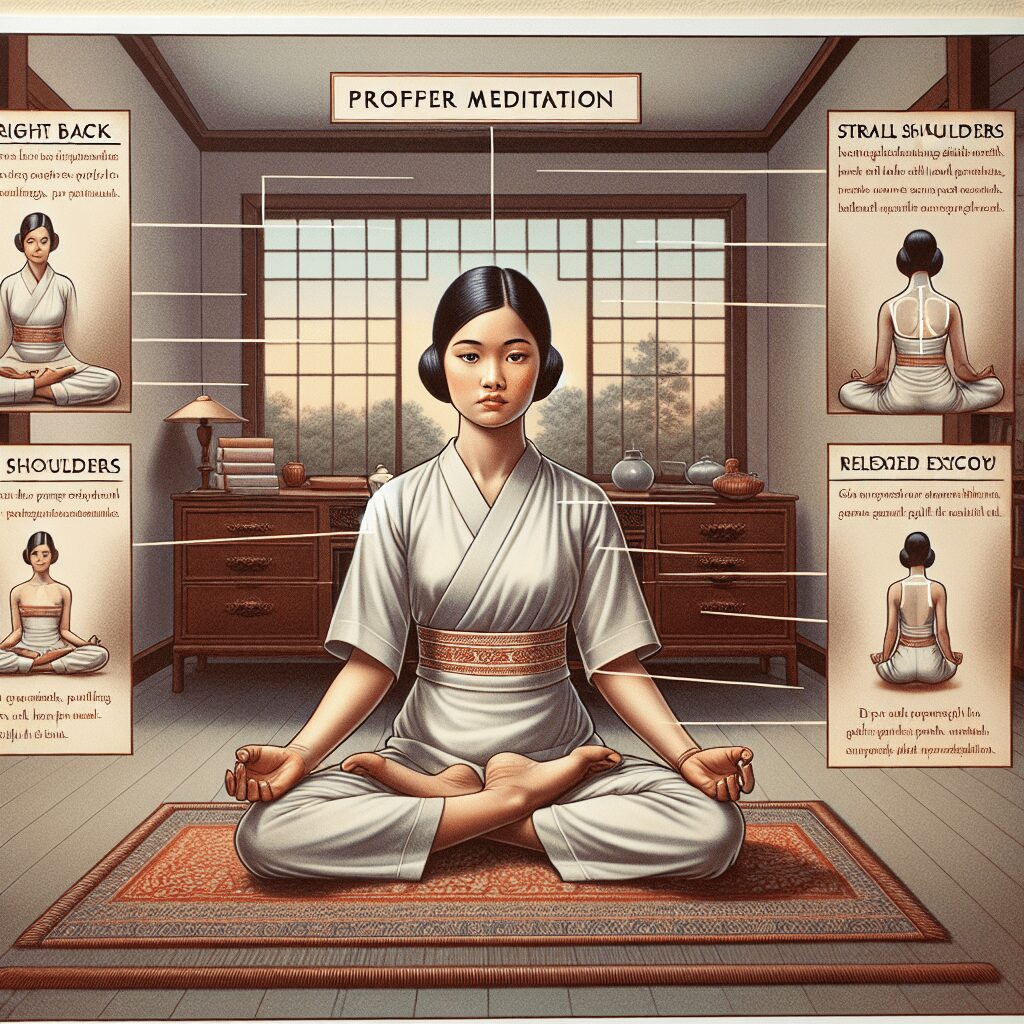
Prioritize your mental well-being daily. Enhance your life by nurturing your mental health with the Smart Meditation app. Break free from stress, alleviate anxiety, and enhance your sleep quality starting today.
How Do The Christian Missionaries Undermine Igbo Spiritual Belief And Practice? Things Fall Apart?
Exploring the Clash of Cultures: The Igbo Spiritual Realm vs. Christian Missionaries
In the heart of Africa’s vibrant tapestry lies the tale of the Igbo people, rich in tradition and spiritual practices. Chinua Achebe’s novel “Things Fall Apart” offers a window into this world, delving into the profound impact of Christian missionaries on Igbo spiritual beliefs. As we unwrap this narrative, we capture a dramatic confrontation between two worlds: the deeply rooted spirituality of the Igbo culture and the unwavering determination of Christian missionaries to spread their faith.
The Strategic Undermining of Igbo Spirituality
At the crux of this cultural collision is the methodical approach taken by the missionaries to dismantle the very foundation of Igbo spiritual practices. Here’s how they played their cards:
1. Divide and Conquer
Right off the bat, the missionaries capitalized on the existing fractures within the Igbo community. By extending a welcoming hand to the outcasts and those marginalized by traditional Igbo practices, they slowly chipped away at the communal harmony. This strategy was not just effective; it was dividing the community from within, making it more susceptible to new beliefs.
2. The Power of Education
Ah, the pen is mightier than the sword, isn’t it? The missionaries introduced Western education as a lure for the younger generation. This wasn’t just about reading and writing; it was a tactical move to reshape the thought patterns of the youth, gradually steering them away from animistic beliefs towards Christianity. Before you knew it, the seed of Western ideology was planted, sprouting a crop of believers estranged from their ancestral faith.
3. Demonization of Local Deities
Let’s not beat around the bush; the missionaries weren’t shy about branding the Igbo gods as false and malevolent entities. By painting the native spiritual practices in a sinister light, they created a dichotomy between good (Christianity) and evil (Igbo spirituality). This fear-mongering tactic wasn’t just effective; it was a blow to the heart of Igbo spiritual identity.
4. The Allure of Economic Prosperity
Let’s talk turkey. The missionaries didn’t just bring the Bible; they brought the promise of economic prosperity. In a society where wealth and social status were tightly interwoven with spiritual practices, the introduction of new economic opportunities linked to Christianity was an offer many found hard to refuse. This economic incentive served as a powerful motivator for conversion, subtly undermining the communal and spiritual ties that bound the Igbo society.
The Ripple Effects: A Culture in Turmoil
Make no mistake, the impact of these strategies was profound. The fabric of Igbo society, once tightly knit around communal and spiritual practices, began to unravel. Families found themselves divided, with the younger generation increasingly alienated from traditional beliefs. The once vibrant tapestry of rituals, deities, and festivals started fading, replaced by a new but foreign spiritual framework.
In the grand scheme of things, “Things Fall Apart” is more than just a story; it’s a cautionary tale about cultural imperialism and the fragility of identity in the face of relentless change. The undermining of Igbo spirituality by Christian missionaries set the stage for a cultural metamorphosis, the consequences of which resonated far beyond the confines of the novel.
Navigating this complex web of cultural clash, Achebe masterfully highlights the nuances and intricacies of a society wrestling with the forces of change. It’s a timely reminder of the enduring struggle between preservation and assimilation, a dance as old as time, eternally echoing the timeless question: At what cost progress?





